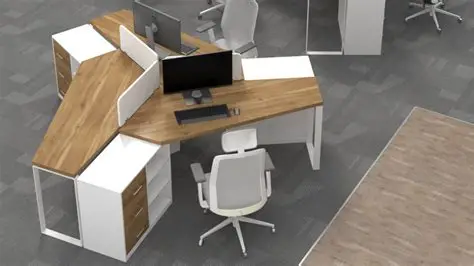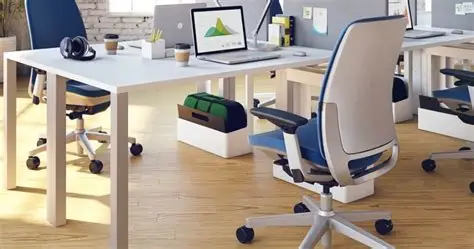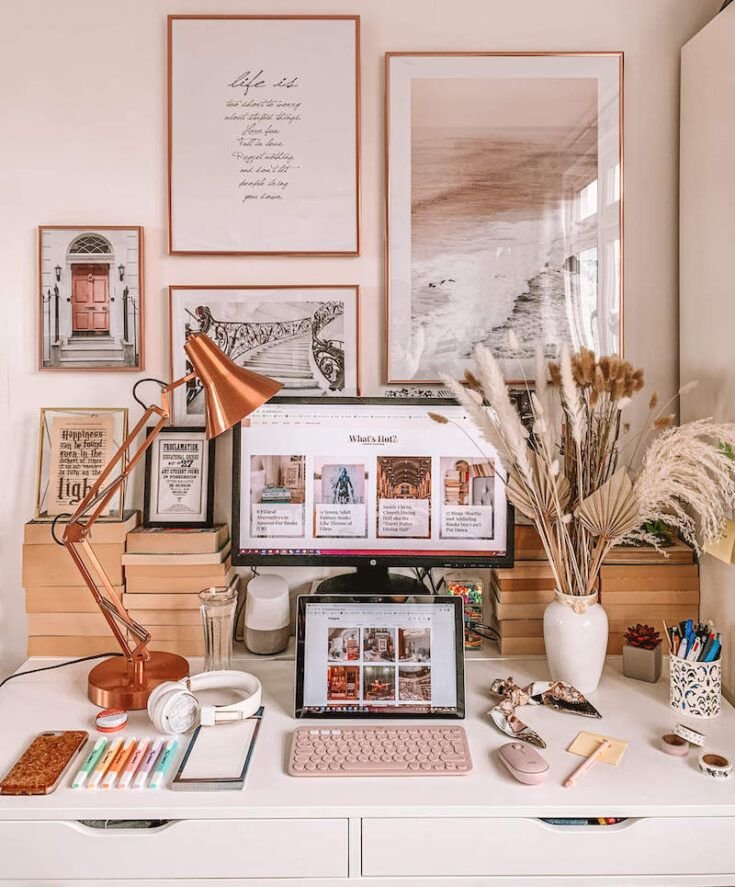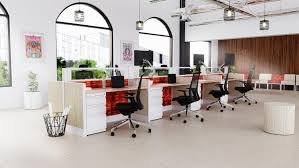
Modular office furniture adapts to dynamic spaces
Today’s workplaces are anything but static. Whether in a bustling corporate office or a growing home-based business, modular office furniture adapts to dynamic spaces by offering flexibility, efficiency, and modern design. Unlike traditional setups, modular furniture is designed for change. As work environments evolve, teams expand, and needs shift, modular solutions allow spaces to be reconfigured with ease—no costly renovations required.
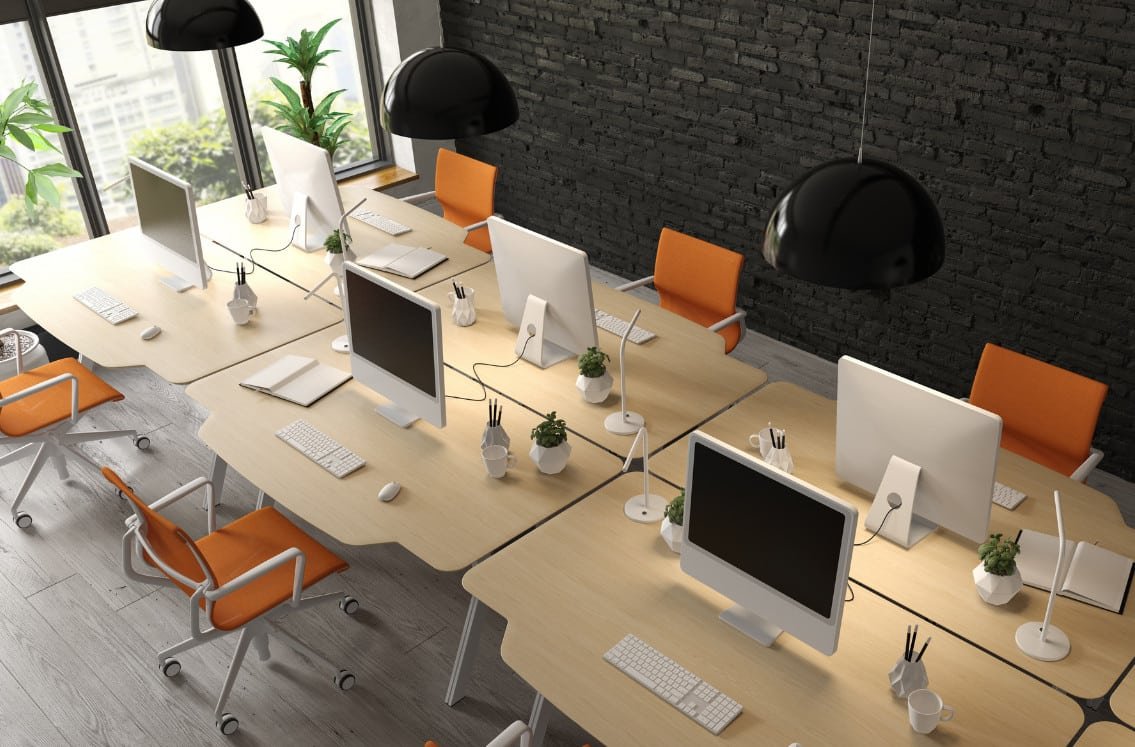
Embracing Flexibility in the Modern Workplace
In an era of hybrid work and frequent team collaboration, rigid office layouts no longer make sense. Modular office furniture provides the freedom to rearrange and redesign spaces as needed. Desks, partitions, and seating arrangements can be quickly reconfigured to accommodate meetings, solo work, or creative brainstorming sessions. This flexibility helps employees stay productive while businesses remain agile and ready to adapt to change.
Scaling with Business Growth
One of the most valuable features of modular systems is scalability. As your company grows, so can your furniture layout. You can start with a few essential pieces and add more components—like storage units or seating—without disrupting the existing setup. This not only saves money over time but also ensures continuity in style and function. Modular office furniture adapts to dynamic spaces by growing alongside your business, minimizing waste and maximizing utility.
Enhancing Space Efficiency
In both small offices and large corporate floors, making the most of available space is crucial. Modular furniture allows for smart planning by providing pieces that fit together efficiently. Compact desks, shared workstations, and movable dividers help organize space without crowding it. You can transform a large open area into several functional zones or convert a meeting room into a quiet workspace—all using the same set of modular components.
Supporting Ergonomics and Comfort
Dynamic spaces require more than just flexibility—they need to support employee well-being. Many modular office systems incorporate ergonomic features such as adjustable desks, supportive seating, and customizable storage. These elements help create a healthier work environment where individuals can adapt their setups to fit personal needs. The result? Increased comfort, reduced strain, and better overall performance during the workday.
Encouraging Creativity and Collaboration
Modular furniture goes beyond utility—it also encourages creativity and collaboration. By allowing teams to design their own layouts, it fosters a sense of ownership and innovation. Workers can gather for collaborative projects, separate for focused tasks, or rearrange areas for specific events. This adaptability helps cultivate a workplace culture that values initiative, flexibility, and teamwork. It transforms the office into a living, breathing environment.
Saving Costs Over Time
Although modular office furniture may require an initial investment, it proves cost-effective in the long run. Instead of purchasing new furniture every time your needs change, modular systems can be reused and reconfigured. This extends the lifespan of your investment and reduces waste. Modular office furniture adapts to dynamic spaces and budgets alike—offering a sustainable and practical solution for evolving businesses.

